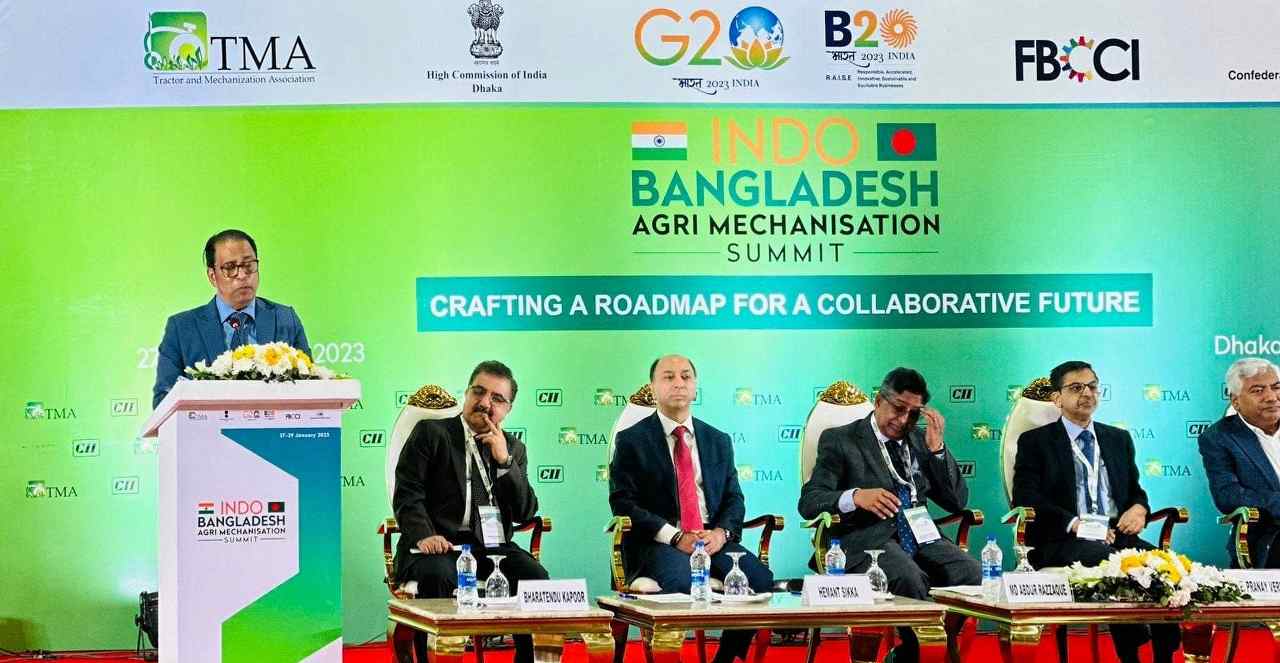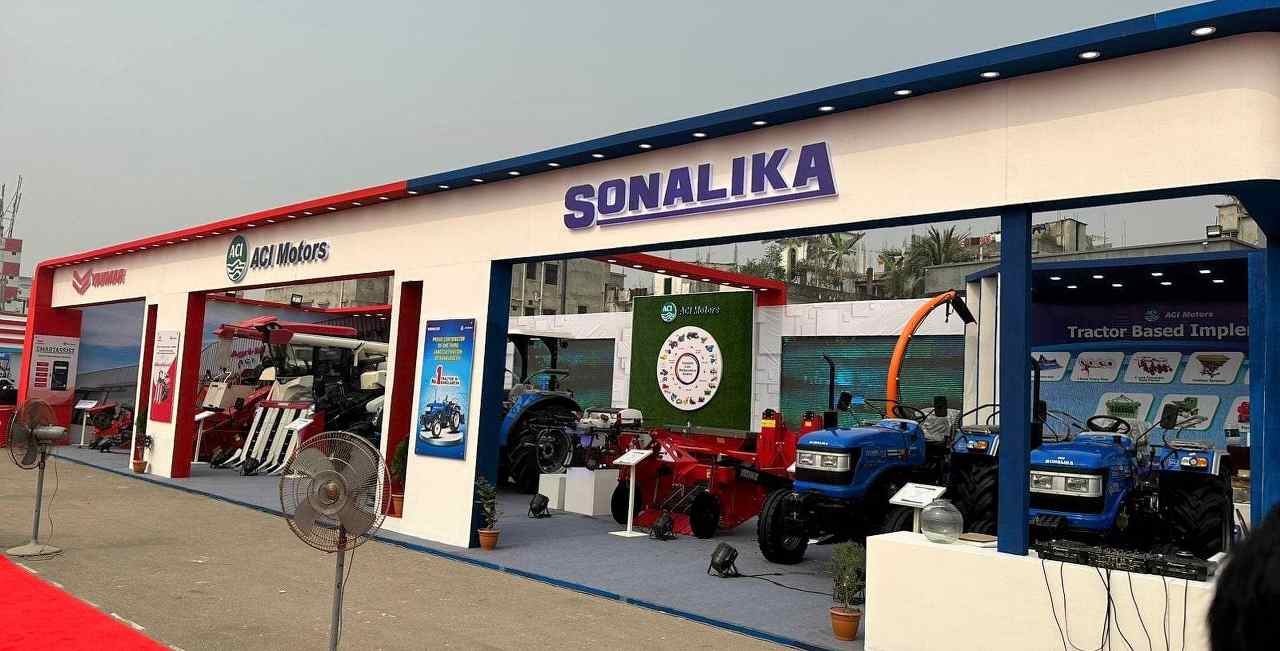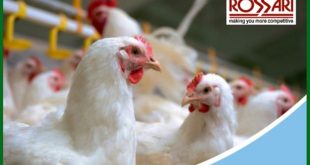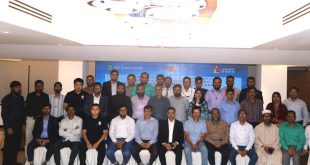
Staff Correspondent: Agriculture is an extremely important sector in Bangladesh, providing food for 170 million people. Agriculture is a tedious job where 37% of our labor force is involved. This is a decreasing trend, as it was 67% just 20 years back. Due to this labor shortage, there could be a potential food crisis. We have avoided the crisis through farm mechanization. The farm mechanization is happening due to the intervention of the dynamic private sector and the government’s support and policies. Still, there is room for mechanical intervention in field crops, vegetables, potatoes, animal agriculture, post-harvesting, and processing.
As a special guest in the Indo-Bangladesh Agri-Mechanization Summit, ACI Agribusiness President Dr. FH Ansery says these things. Minister of Agriculture Dr. Abdur Razzaq, MP was present as the chief guest of that summit. Also the Indian High Commissioner Mr. Pranay Kumar Verma & TMA President Mr. Hemant Sikka was present there as a special guest. The three-day summit organized at International Convention City Bashundhara (ICCB) in the capital will end on January 29.
Dr. Ansery Said, I would like to thank our friends, the Indian manufacturers for the development of high-quality tractors for the Bangladesh market, the supply of high-quality spare parts and the training of our local mechanics and engineers to provide after-sales services. Indian manufacturers have
introduced tractors with an appropriate turning radius and torque to plough in a small field, even 10 decimals, which is very appropriate for Bangladesh. Indian tractors are durable, easy to repair, and have a wonderful, user-friendly design. They can be used for multiple purposes, including haulage. It is our great pride that, for rice, wheat, and maize, we have achieved significant penetration of farm mechanization in Bangladesh. Now, the penetration in cultivation and irrigation is over 95% and in harvesting is 10%.
“I want to request that Indian manufacturers gradually localize their manufacturing in Bangladesh. Now the tractor market in Bangladesh is over 8,000 units with 10% growth per year. Localization will help to grow the market very fast. Our farmers are getting a cost-effective solution from the tractors. Currently, plowing costs can be reduced by 78% by using a tractor compared to traditional methods. There are a large number of service providers with tractors who provide services to small farmers. There is huge potential for employment in farm mechanization by creating service providers – added Dr. Ansery”.
He Said, The mechanization solution reduces substantial costs. For example, in rice production (plows, irrigation, transplanting, fertilizing, weeding, and harvesting), a farmer can save up to 50% on production costs. So, mechanization can help farmers as well as consumers.
 Dr. Ansery also Said, ACI Motors Ltd. started its journey 17 years back with the tractor the “Sonalika” brand from International Tractors Limited. We are proud of our tractor. We are market leader in tractor in Bangladesh. Our supplier had given us huge support in product development, after-sales service, and training. Now we are introducing tractor-operated implements for multiple crops like maize harvester, forage harvester, fertilizer spreader, square baler, potato planter, and potato harvester. We are also trying to capture several opportunities by introducing agricultural drones, vertical gardens, milking machines, and aquaculture.
Dr. Ansery also Said, ACI Motors Ltd. started its journey 17 years back with the tractor the “Sonalika” brand from International Tractors Limited. We are proud of our tractor. We are market leader in tractor in Bangladesh. Our supplier had given us huge support in product development, after-sales service, and training. Now we are introducing tractor-operated implements for multiple crops like maize harvester, forage harvester, fertilizer spreader, square baler, potato planter, and potato harvester. We are also trying to capture several opportunities by introducing agricultural drones, vertical gardens, milking machines, and aquaculture.
He also said, The benefits of a farm mechanization solution are already perceived by the farmer, entrepreneurs, and new job seekers. To accelerate farm mechanization solutions in all sectors, current subsidy program should continue smoothly and can be broaden.
There is a huge opportunity to expand farm mechanization solutions across multiple crops. To do so, the Department of Agriculture Extension and private companies can work hand in hand.
 Agrinews24 কৃষির সাথে, কৃষকের পাশে
Agrinews24 কৃষির সাথে, কৃষকের পাশে





















